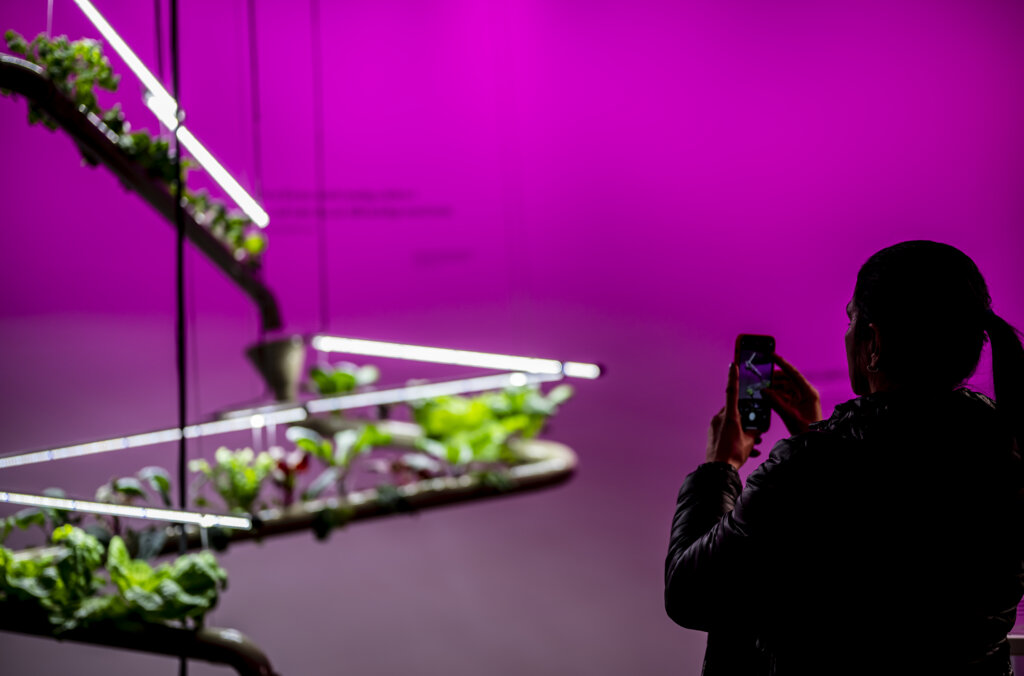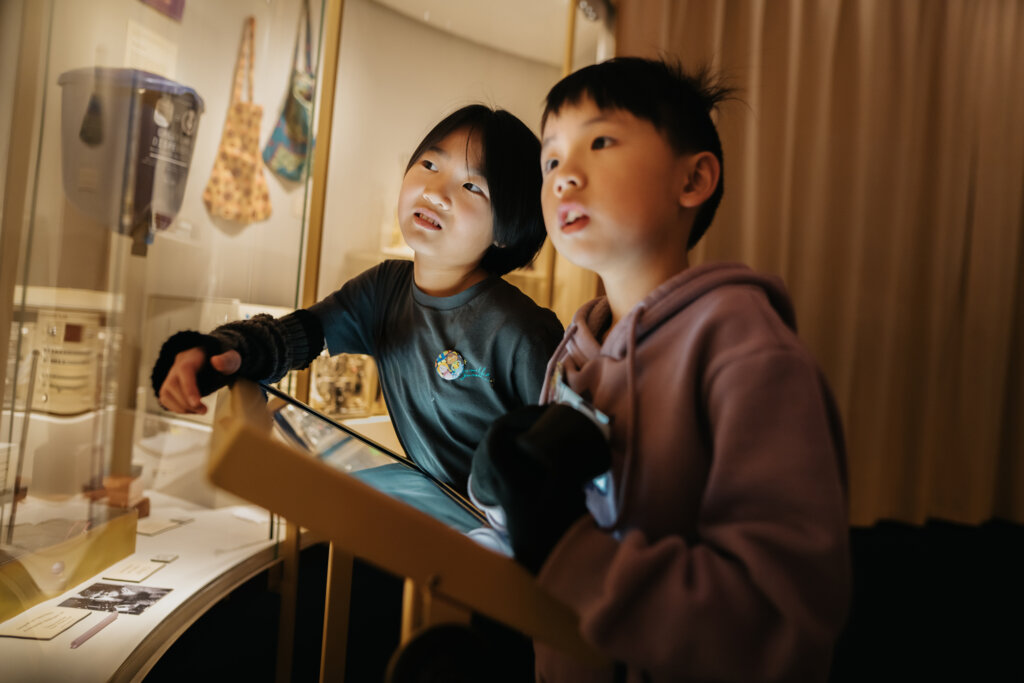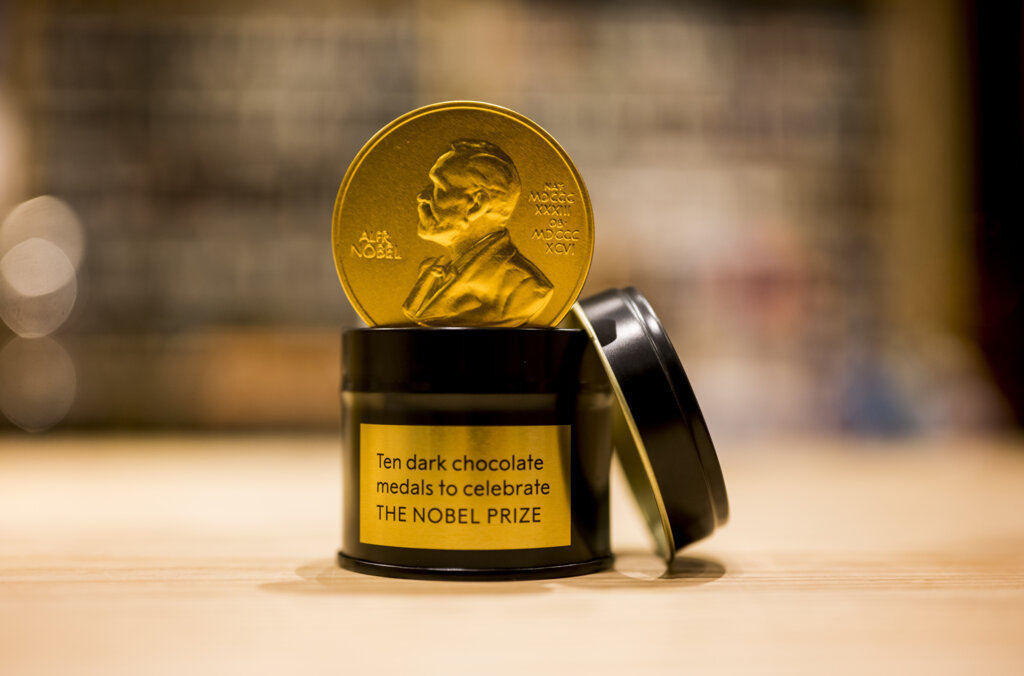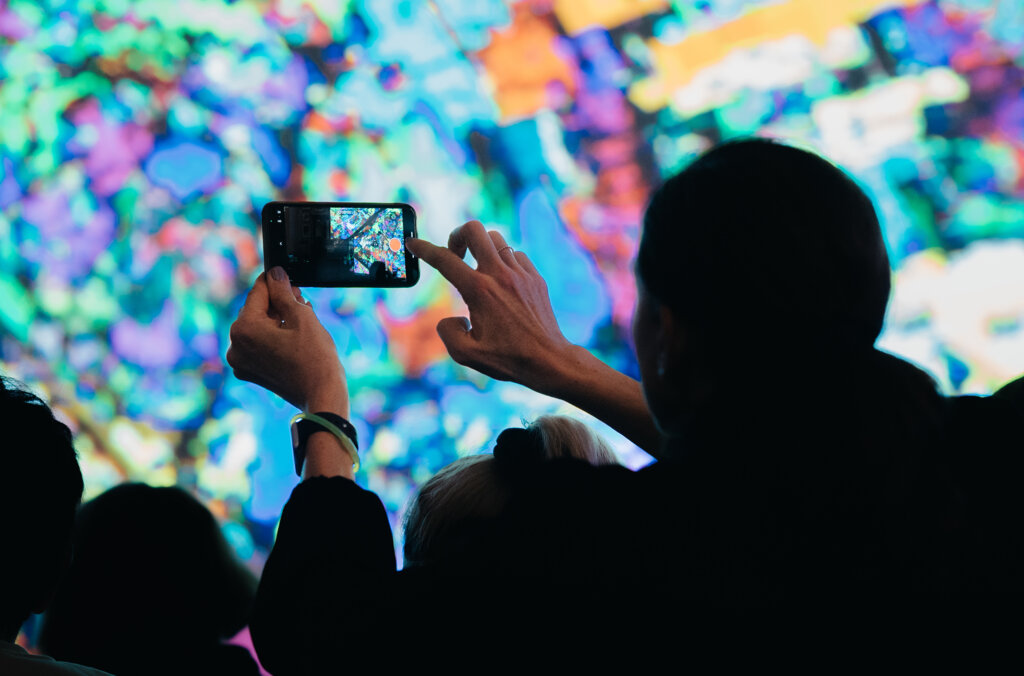
Welcome to the 13th edition of Science Today – a Friday evening filled with groundbreaking research and vibrant conversation. As always, the discussions are framed by one of Stockholm’s top DJs, this night it’s DJ Roger That.
This time, the focus is on sustainability – a topic more relevant and urgent than ever. We are all affected by the environmental, social, and economic consequences of climate change.
Science Today welcomes PhD students and postdoctoral researchers from Karolinska Institutet, KTH Royal Institute of Technology, and Stockholm University, who will share their latest findings, insights, and ongoing projects. In a live panel discussion, the evening’s speakers will explore research that tackles today’s pressing issues and seeks out solutions.
All presentations and stage discussions will be held in English. The conversation will be moderated by Olof Somell from the Nobel Prize Museum. After the panel, the evening continues with music and mingle in Bistro Nobel.
Details about the evening’s speakers will be announced shortly.
Event details
Date
28 November 2025
Time
18:00–19:00
17.00-18.00 Mingle and music by DJ Roger That
18.00-19.00 Conversation on stage
19.00-21.00 Mingle and music by DJ Roger That
Location
Nobel Prize Museum, Stortorget 2
Language
English
Admission
Adults: 150 SEK
Student/senior: 110 SEK
Members: free admission
The speakers
Jean-Baptiste Thomas, KTH Royal Institute of Technology
Researcher at the Department of Sustainable Development, Environmental Science and Engineering (SEED), Division of Water and Environmental Engineering
Why We Need Systems Thinking in Sustainability Science: Lessons from Seaweed and the Blue Bioeconomy
Sustainability is messy: climate change, biodiversity, food, energy — all connected. To make sense of this complexity, we need a systems perspective, and we need generalists who can link the pieces together.
Systems thinking can also reveal unpleasant truths hidden in complexity, showing trade-offs that are often hard to communicate. Yet doing this due diligence is essential, especially in a world hungry for silver-bullet solutions to climate and sustainability challenges. Through life cycle thinking, from seaweed farming in the blue bioeconomy to closing nutrient loops in food systems, I will show how systems approaches help us find honest and realistic pathways to sustainability.
Malin Viola Wennberg, Stockholm Business School, Stockholm University
PhD Candidate, Marketing Department
Sustainable Fashion is in Fashion
Sustainable fashion has become a prominent topic in recent decades, with consumers, companies, and policymakers continuously negotiating its meaning and implications. Despite growing awareness, production and consumption levels have steadily increased, while the lifespan of each garment has decreased. Innovations such as new fibers, technical solutions, and circular business models offer hope—but they cannot, on their own, resolve the deeper systemic issues. Ultimately, we cannot consume our way out of the climate crisis.
Jeroen de Bont, Karolinska Institutet
Assistant Professor, Unit of Environmental Epidemiology, Institute of Environmental Medicine
Health in the city: translating research evidence to sustainable solutions
By 2050, more than 70% of people will live in cities. Urban life brings many opportunities—but also many environmental challenges. In cities, we’re exposed to multiple hazards such as air pollution, heat, and noise, which can affect our health in different ways. Most research has looked at these risks one at a time, but real life is more complex.
My research studies how these hazards combine and impact our health throughout life— from pregnancy through later life. Understanding these effects can help us build healthier, more sustainable cities in the context of a changing climate.
Before your visit
Bags and wardrobe
We advise you to not bring larger bags to the museum. In our cloakroom, there are a limited number of small lockers and lockable coat hangers. The cloakroom is unattended.
Photo policy
You are welcome to take photos and film at the museum, but please do not photograph or film the staff. We photograph, film and live-stream some of our events. The material can be used in the Nobel Prize Museum’s communication channels and marketing. If an event is arranged in collaboration with another actor, the material can be used in their communication.
Accessibility
On the museum’s accessibility site ypu can find information about our facilities, and available resources. Click on the link below to read more.
Membership
Become a member,
experience more
Get free admission to the museum, and discounts in the shop and bistro. Enjoy priority access and discounts on concerts, previews, talks, and lectures.



